choose a topic you want to learn about
Welcome to my little piece of the internet, where I'm all about making it easier to run the photography business of your dreams!
Welcome to the Blog
Search Results
For tips and updates follow me on Insta @simplysandrayvonne
Instagram
find me on
© 2023-2026 Simply Sandra Yvonne. Designed in collaboration with multiple Showit designers. Privacy Policy | Terms & Conditions
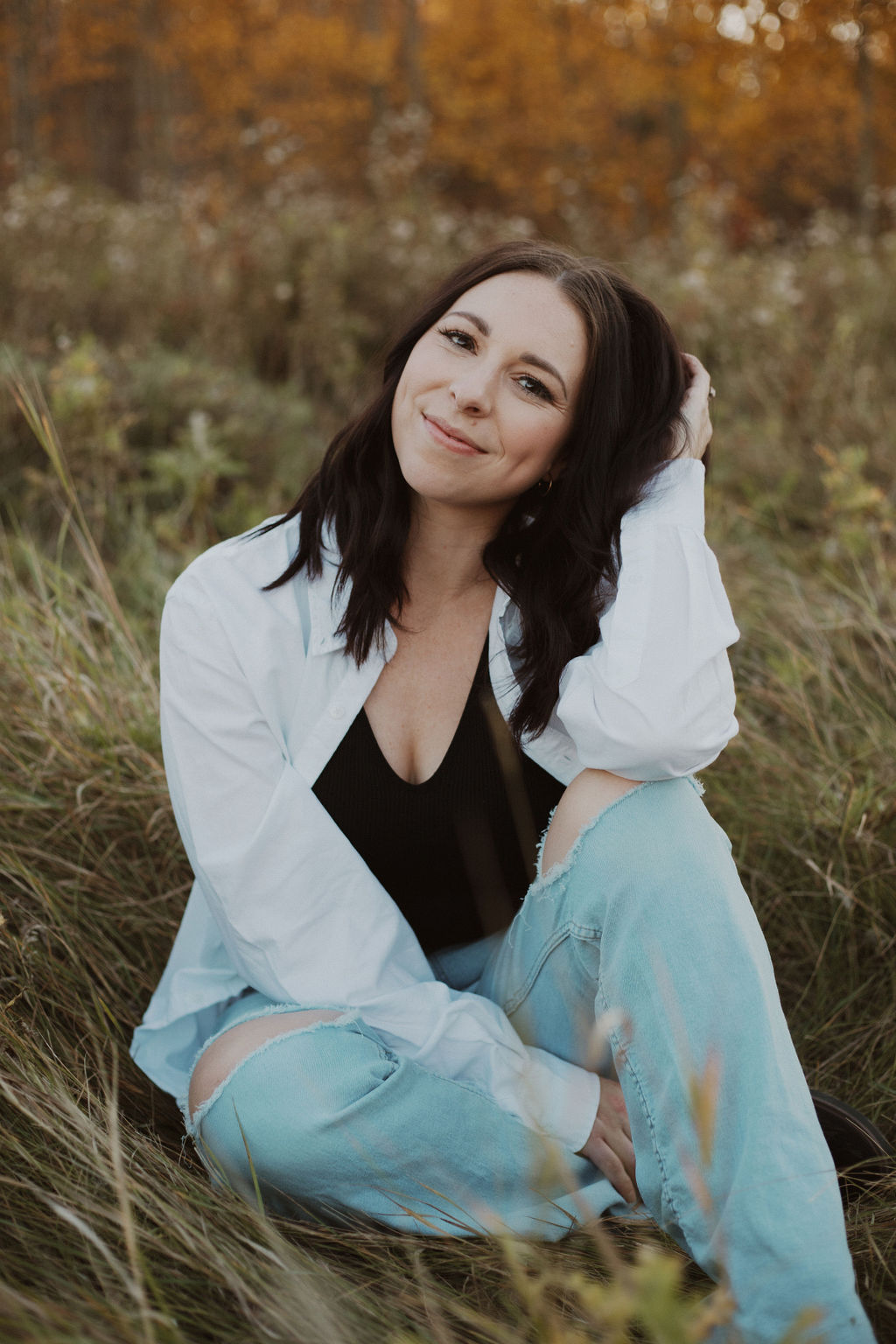
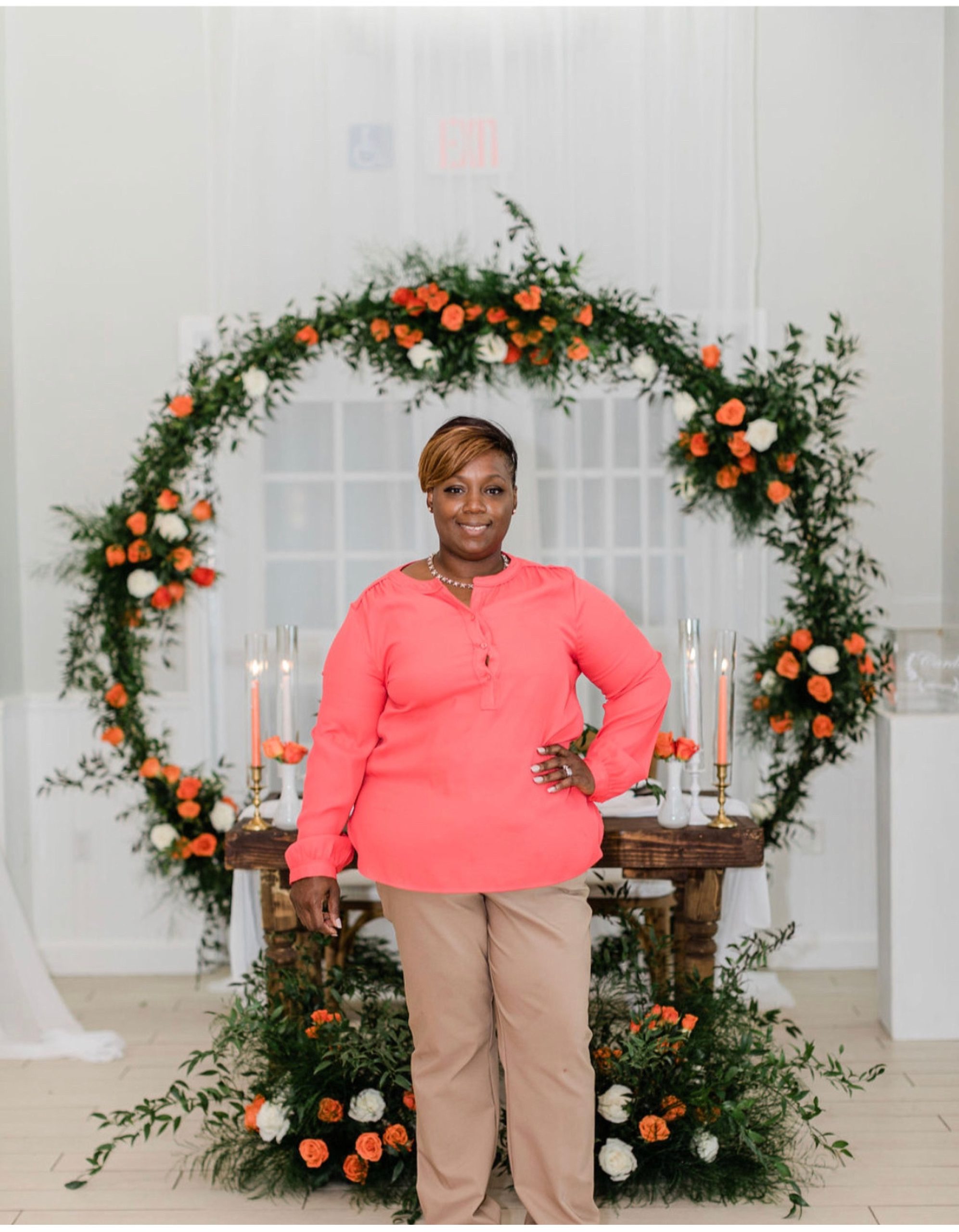

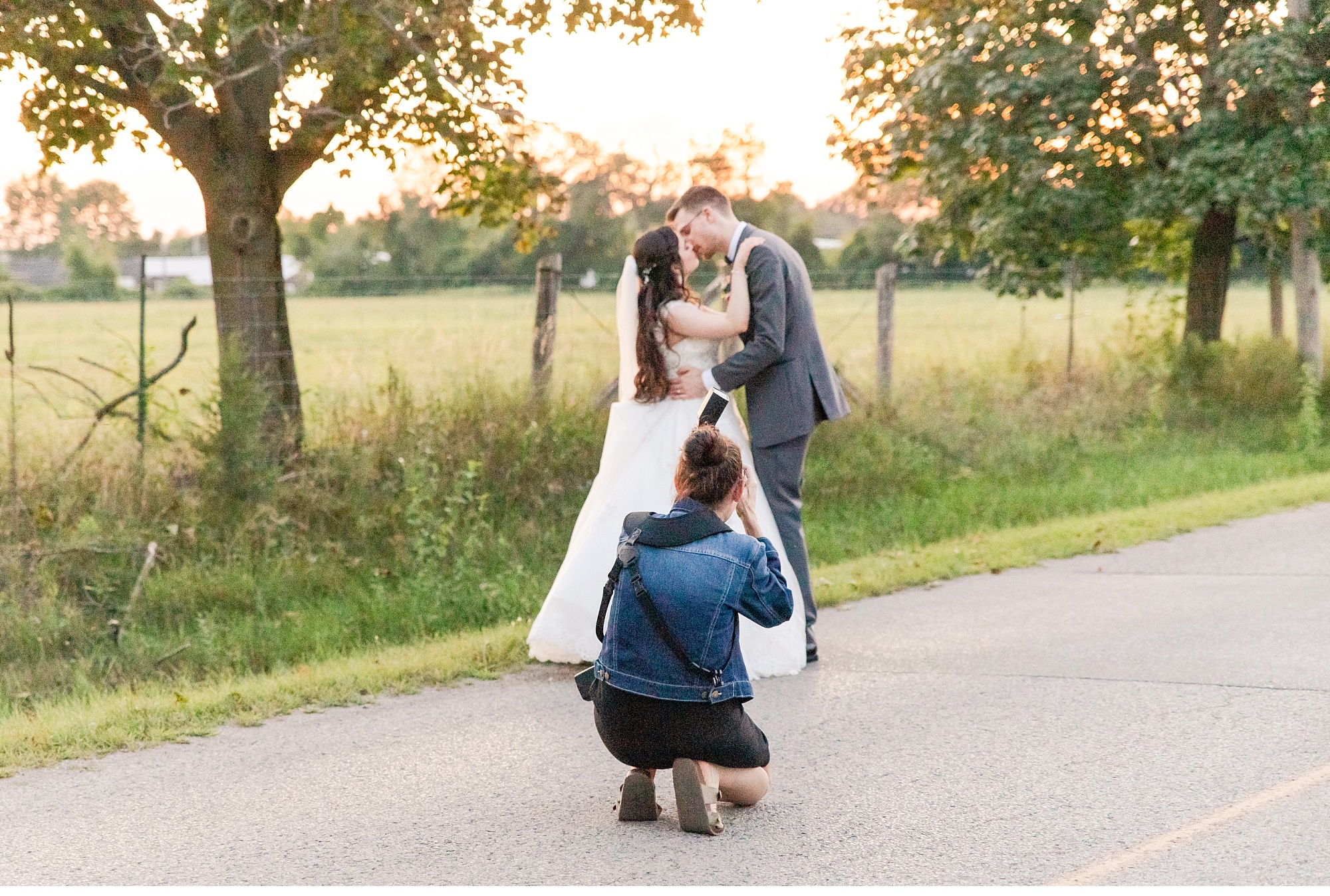
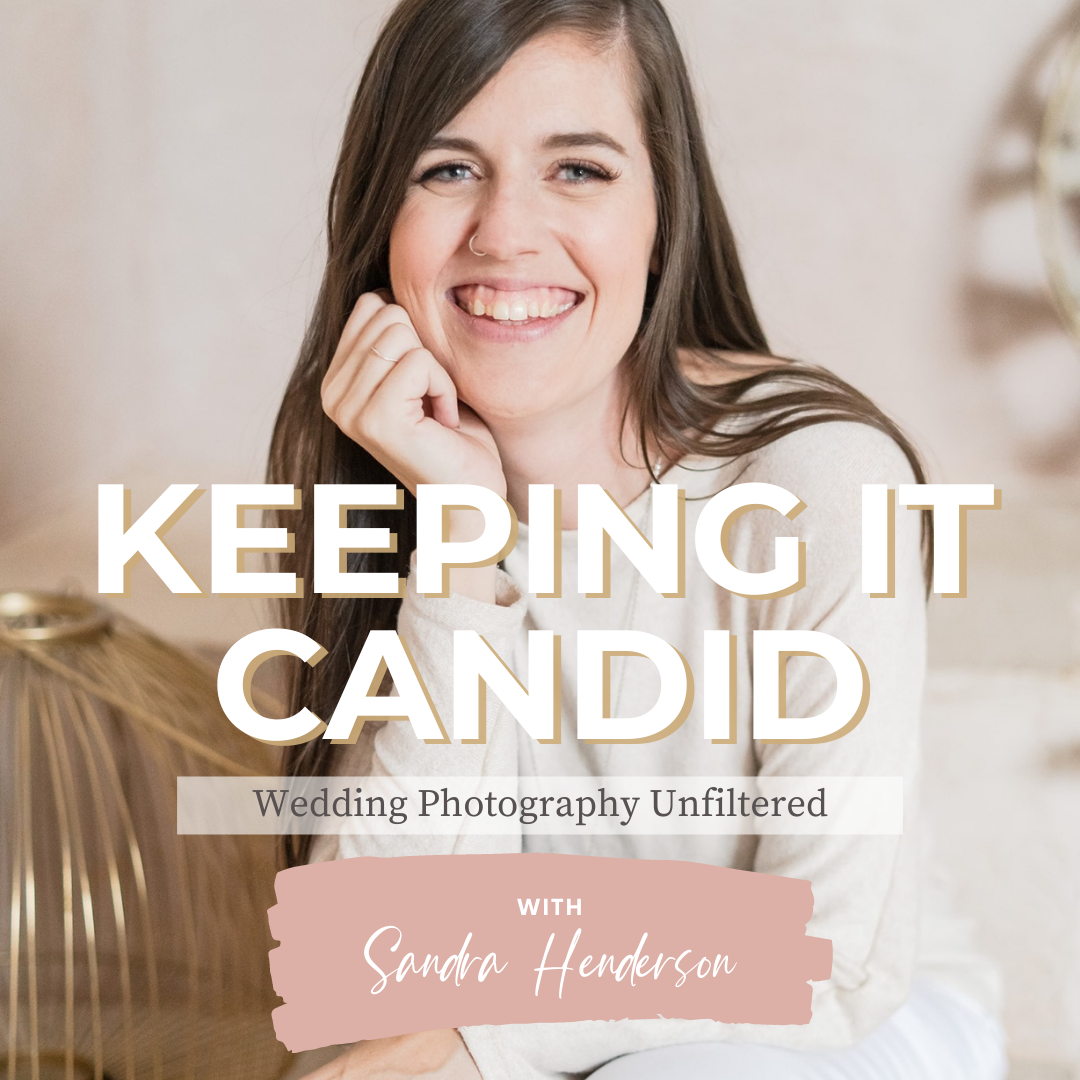
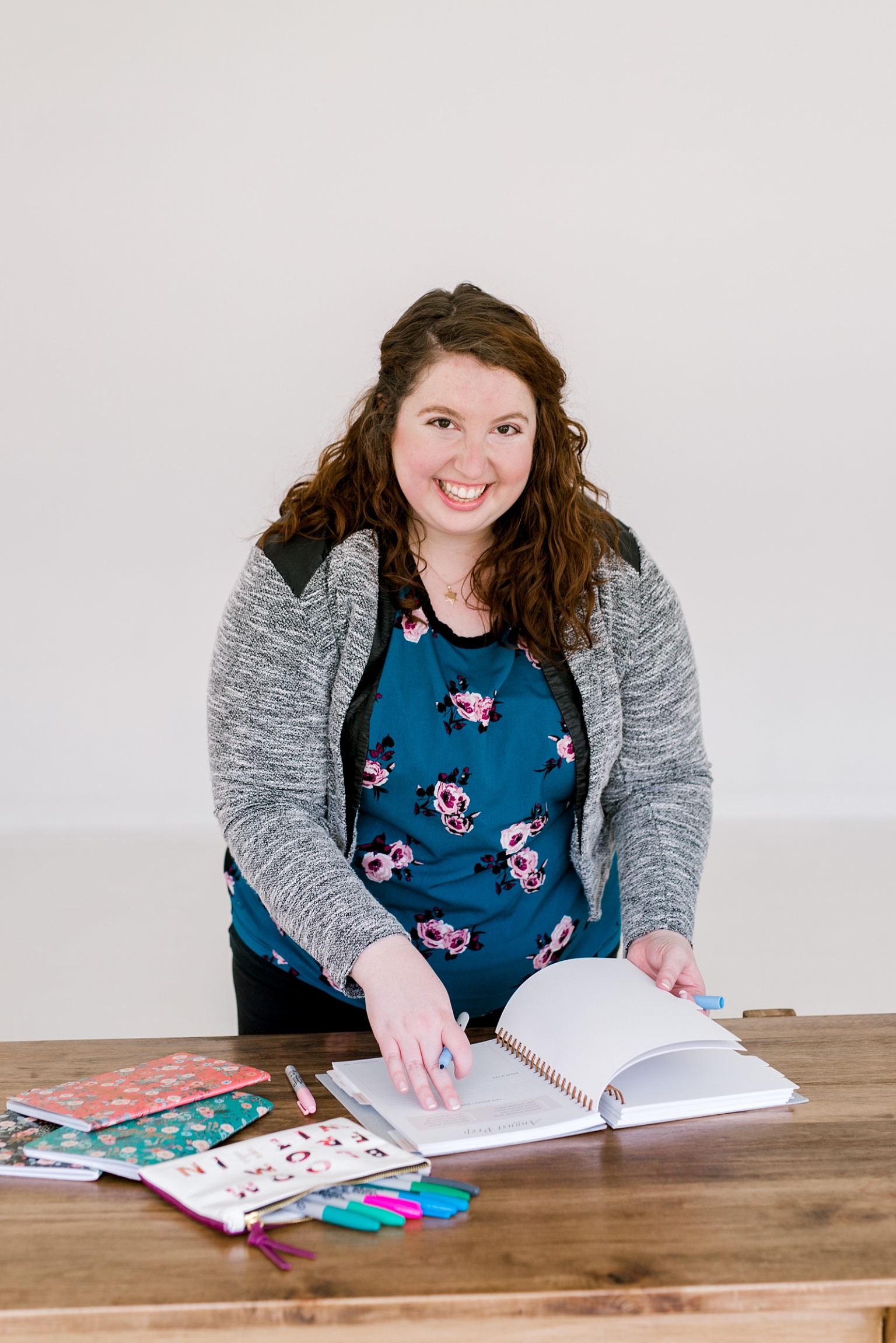

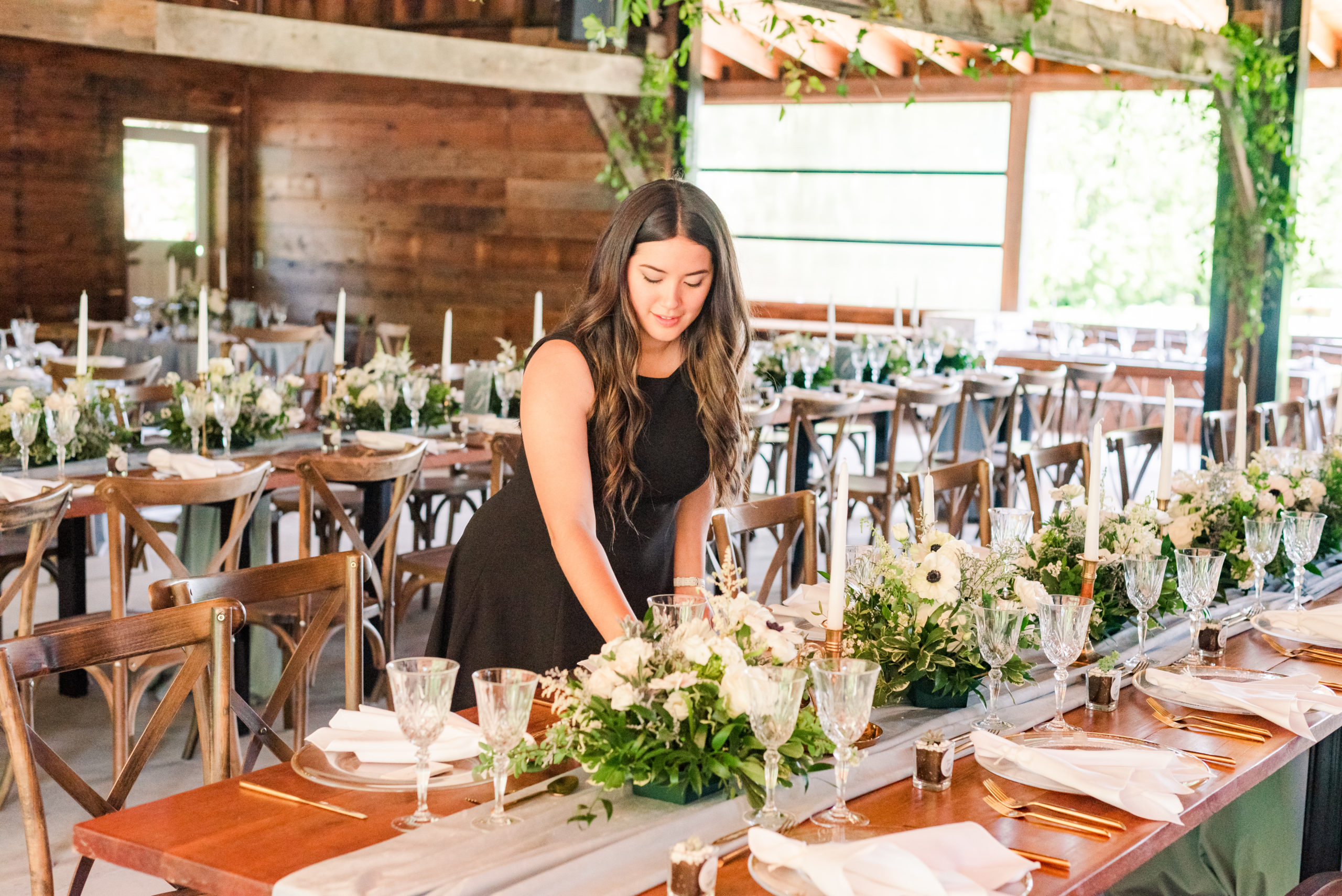
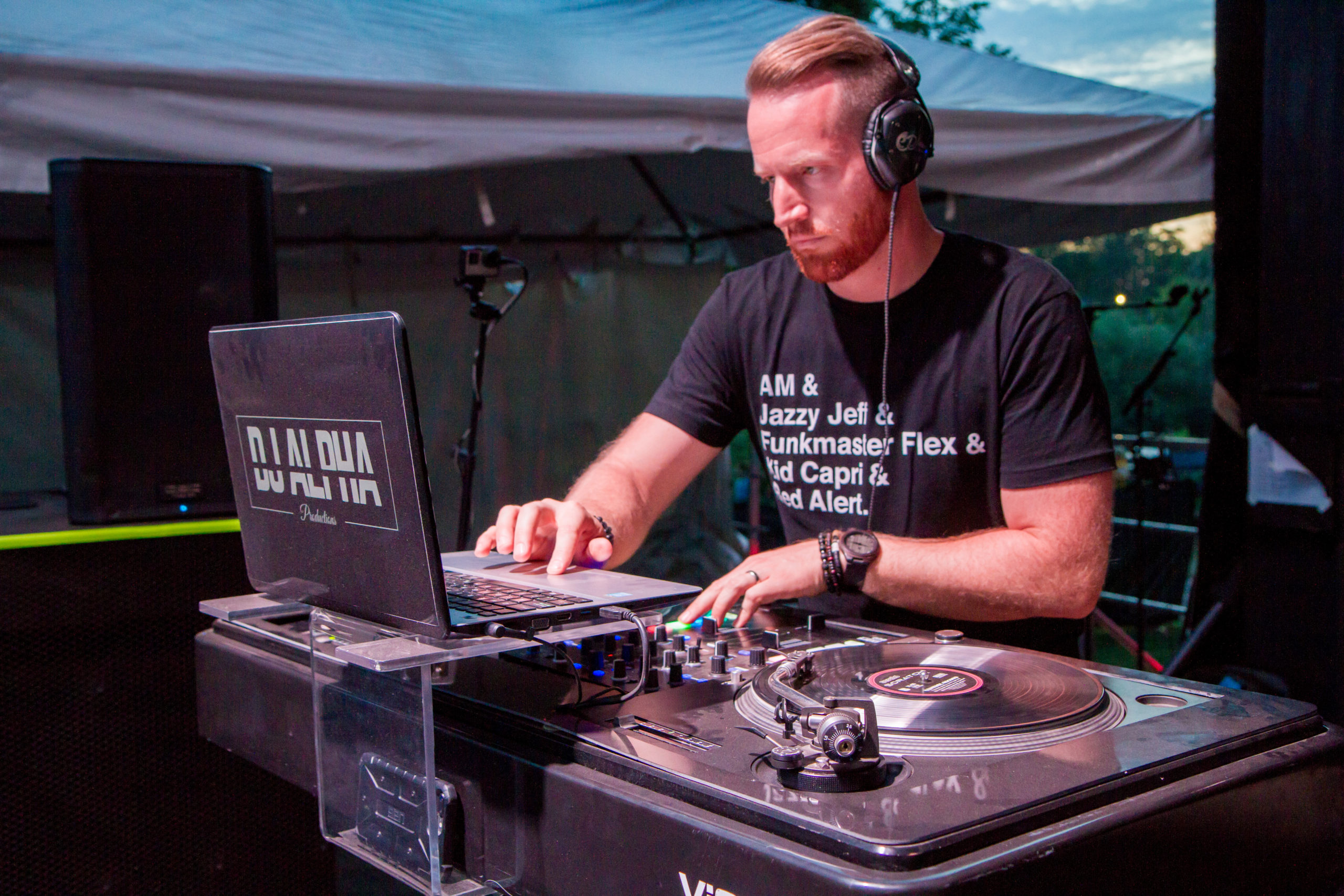
Join the Fix Your Foundations: Inquiry Edition challenge before January 30th!